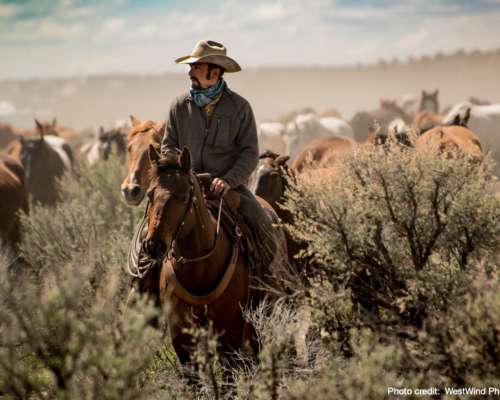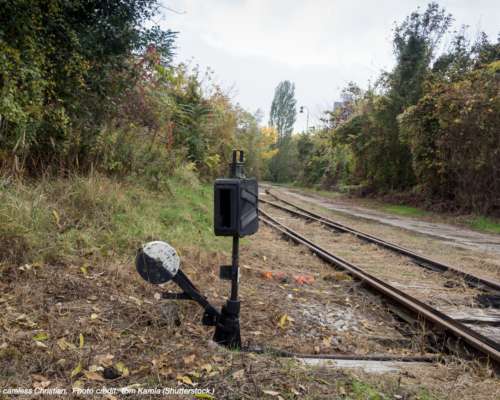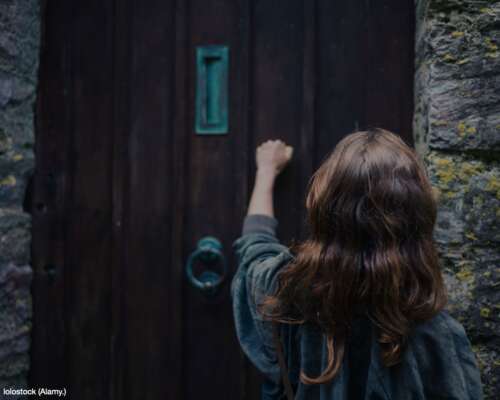The path we travel through life is perilous. We begin this journey crawling on hands and knees as an infant, and if we live long enough, we eventually lose the fundamental physical abilities we developed when we took our very first steps, relying, instead, on a cane or walker (if we can still walk at all.) For this is the riddle of the Spinx: “What goes on four feet in the morning, two feet at noon, and three feet in the evening?1
All along this walk of life, however, we lose relatives, friends and acquaintenances who cannot complete the course. There are diseases such as COVID or cancer, accidents by falls or drowning, and natural disasters just to mention a few events that take their toll. In the feature photo of this post you see a rescue dog trained to locate survivors in the ruins of buildings that suffer catastrophic collapse, whether by earthquake, acts of terror, or what have you. Without these working dogs, we could not identify or locate individuals too weak to call out for help, and these unfortunates would be left to their fate, alone.
Duty demands it
Dogs are chosen for this work because they seem to have some intuitive ability to recognize when a human is in danger and requires assistance. And, of course, they have very keen senses (that of smell, extraordinary hearing and so on.) The dogs approach their work without reservation or hope of reward except, perhaps, a tasty tidbit and praise from their trainer. The dogs don’t pick and choose who they wish to save, nor are they deterred by inclimate weather or inconvenience. They do what is expected of them, what their instincts and training lead them to do. They do this without thought or hesitation.
But don’t we as people have instincts that reveal to us when someone is in danger? And when circumstances indicate that our instincts or premonitions are correct, what do we do? Do we rush to this person’s aid much as the dog in the photo might, or do we hang back to reflect on our options or consult with our attorney? Perhaps, we decide it’s better not to get involved. The German expression for this is Das geht mich nichts an.
However, as Fanny Crosby, composer of the old favorite post-bellum hymn “Rescue the Perishing, Care for the Dying” writes to the melody:
“Rescue the perishing,
Duty demands it;
Strength for thy labor the Lord will provide;
Back to the narrow way patiently win them;
Tell the poor wanderer a Savior has died.”
Scripture is both clear and unambiguous. The author of Proverbs who obviously inspired Crosby’s hymn writes:
“Rescue the perishing;
don’t hesitate to step in and help.
If you say, “Hey, that’s none of my business,”
will that get you off the hook?
Someone is watching you closely, you know—
Someone not impressed with weak excuses.“
-Proverbs 24:11-12 (The Message)
Das geht mich nichts an
“Hey, that’s none of my business” the author of Proverbs writes, or “Das geht mich nichts an.” That was what a lot of Germans said eighty years ago when they heard horrible rumors of concentration camps where Jews were interred for extermination by order of the Führer. “Tut mir leid; das geht mich nichts an.” When Lutherans or Catholics in the Reich gathered in small groups after church on Sundays to nervously whisper their concerns to their friends, the response was “Das geht mich nichts an.” It’s someone else’s problem. Fortunately, there were rightous men like Oskar Schindler who is credited with saving the lives of 1,200 Jews at the risk of his own. Unfortunately, there were not nearly enough Schindlers to be found.

But don’t think the German population was somehow worse back then compared to other people. We, ourselves, might behave the same under similar circumstances today. How many Americans refuse to testify in a trial for fear of their lives? How many would even call the police if they know another person’s life was in danger? Would you be willing to stand up for some unpopular cause that you know is right if it meant losing your job? But,hey, that’s none of my business.
It’s difficult to know precisely who the author of Proverbs refers to when he speaks of the “perishing.” If we did know, then we would know the letter of the law. But we can and do know the spirit of the law. Obviously, the Jews in Europe in World War II would fall under the scope of this verse. Certainly the woman buried in the rubble on the feature photo would qulify as well. Would those who are in no physical danger, but who are perishing spiritually fall into this category also? I think “Yes!”
Fanny Crosby writes:
“Rescue the perishing,
Care for the dying,
Snatch them in pity from sin and the grave;
Weep o’er the erring one, lift up the fallen,
Tell them of Jesus the mighty to save.”

It’s relatively easy to understand when someone is in danger of physically perishing. They may clutching at their chest, or they may be flailing about while in the water, perhaps sinking as they frantically signal for help.
Many people who need help show visible signs of injury, such as cuts, bruises or burns. But what of the perishing whose wounds cannot be seen? In fact, these perishing souls may emphatically deny that they have any issues at all. But their eyes often betray them.
Children and young adults sometimes injure or mutilate themselves with knives or other sharp objects. This is occasionally called a “silent cry for help.” Anorexia may be another sign of a perishing soul. Or drug or alcohol abuse.
I’ve often imagined what God sees when he looks at us? People go through great measures to conceal wrinkles or aging spots, stretch marks or tattoos that are no longer wanted. Distressed people can hide their scars from others, even close family members, but can they hide their pain from God? Hebrews 4:13 says: “Nothing in all creation is hidden from God’s sight. Everything is uncovered and laid bare before the eyes of him to whom we must give account.”
When I read what author of Proverbs writes (“Rescue the perishing; don’t hesitate to step in and help“) I see to implications. The first is that there are times that we need assistance in this life. I remember breaking the head of my humerus into three pieces once. I could not get my arm to do what I wanted. It was so weird. They couldn’t cast it, so they immobilized it for a month or so. But it was useless to me during that time. I could not dress myself. I would have to thread my belt through the loops of my trousers before I put them on. I also had trouble buttoning my shirt, bathing, washing my hair, etc. I wondered how people who lived alone could function under these circumstances. For example, a young man who broke an arm in a skiing accident with no friends or relatives for miles.
The second implication is that the perishing soul can be saved, else why would we be enjoined to rescue them?
Romans 10:13, Paul says: “Everyone who calls on the name of the Lord will be saved.” The next two verses complete Paul’s thought:
“How, then, can they call on the one they have not believed in?
And how can they believe in the one of whom they have not heard?
And how can they hear without someone preaching to them?
And how can anyone preach unless they are sent?
As it is written: “How beautiful are the feet of those who bring good news!”
A perishing person cannot be helped unless there is someone present to assist. But this helper had to be prompted to help. And before he could be prompted, he had to hear the cries of the one in danger.
This is the historic mission of the Church, for where else other than the Church can you hear the Gospel? The charge is not to the Church alone, however, but rather to any able-bodied person who is capable of rescuing the perishing.
Crosby’s last stanza goes as follows, and it is very apt.
“Down in the human heart,
Crushed by the tempter,
Feelings lie buried that grace can restore;
Touched by a loving heart, wakened by kindness,
Chords that were broken will vibrate once more.“
1The answer to the Spinx’s riddle was “man, who crawls on all fours as a baby, walks on two [legs] as an adult, and needs a walking cane when old.




